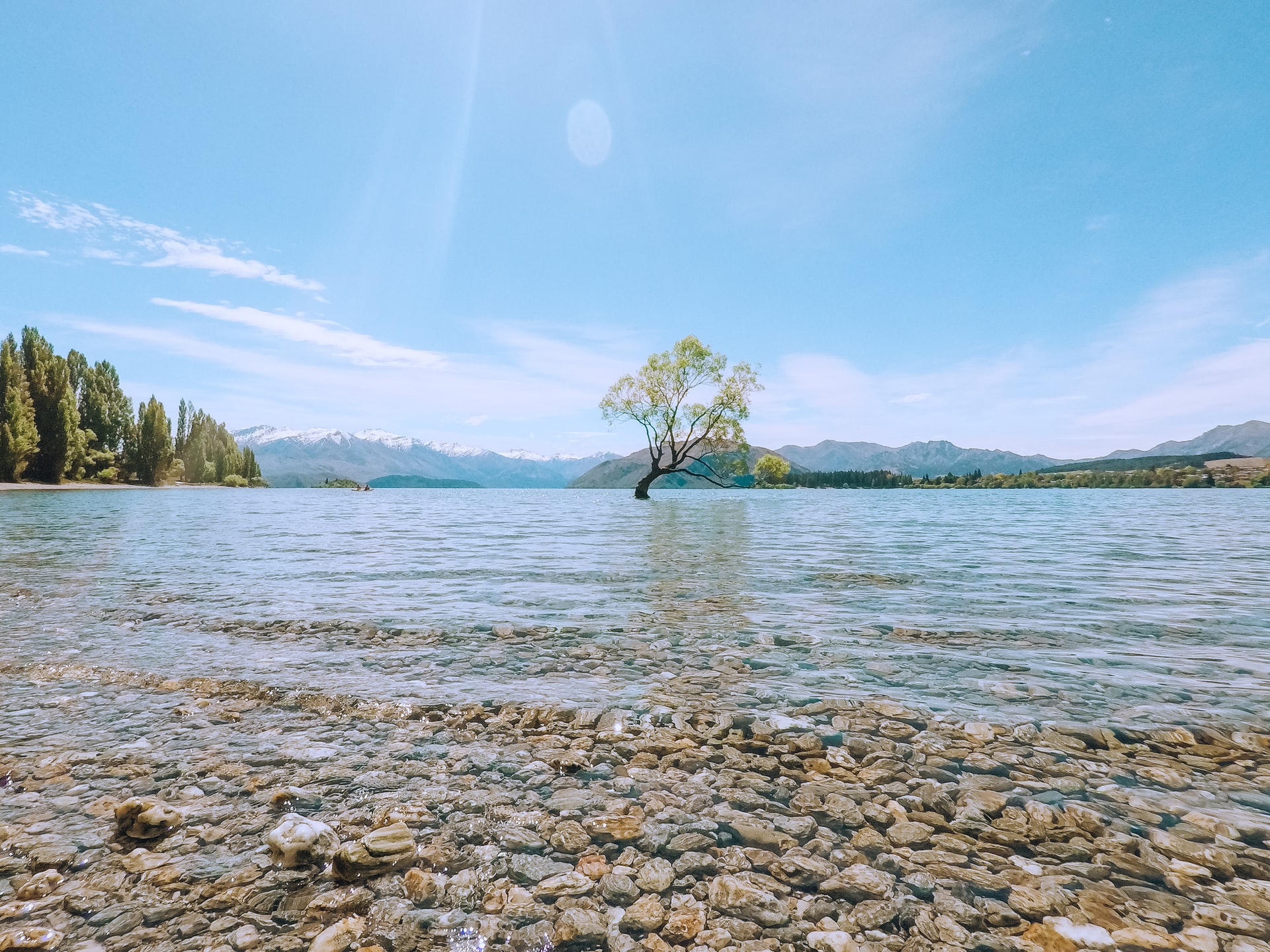News release
From:
Lake heatwaves—periods of extreme warm surface water in lakes—may increase in intensity and duration by the end of the twenty-first century, suggests a modelling study published in Nature. The study indicates that, under a high-greenhouse-gas-emissions scenario, the average duration of lake heatwaves could increase by around three months on average and some lakes may reach a permanent heatwave state.
The increasing frequency of heatwaves over land and the sea surface has been linked to global warming. However, less is known about lake heatwaves and how they will be affected by global warming. Lake ecosystems are vulnerable to temperature changes, and how lakes respond to global warming affects the organisms that depend on these environments.
Iestyn Woolway and colleagues modelled the impact of heatwaves on 702 lakes from 1901 to 2099. They found that under a high-greenhouse-gas-emissions scenario (RCP 8.5) the average temperature of lake heatwaves is likely to increase from about 3.7 degrees Celsius to 5.4 degrees Celsius, while the average duration will increase from approximately a week to more than three months by the end of the twenty-first century. Under the most conservative emissions scenario (RCP 2.6), the average increases in temperature and duration are around 4.0 degrees Celsius and one month, respectively. The authors included lakes up to 60 metres deep in their projections and found that heatwaves would be longer lasting but less intense in deeper lakes.
As lakes warm over the twenty-first century, heatwaves will extend across all seasons and some lakes will reach a permanent heatwave state, the authors suggest. Increases in heatwave events could threaten lake biodiversity and push ecosystems to the limits of their resilience, they conclude.



 International
International



